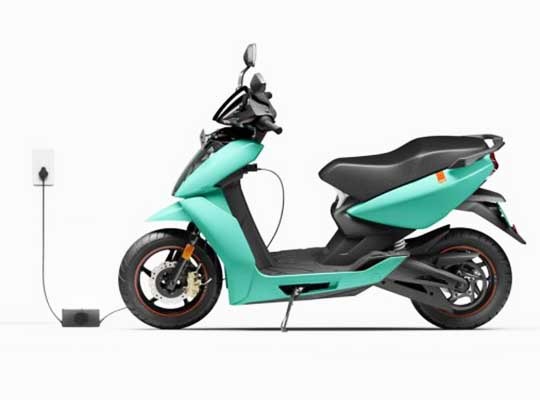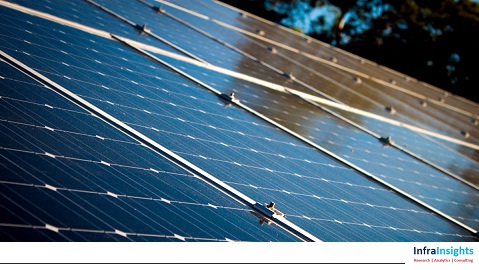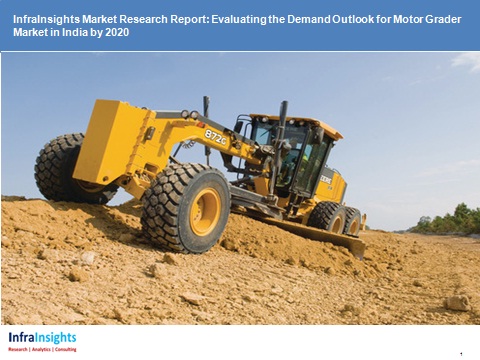Ever since the Government of India announced its vision to achieve 100% EVization of automobile landscape in India, the objective has been critically viewed both the domestic automobile OEMs as well as MNCs present in India’s growing automobile market. The cynical view of the industry has largely stemmed on account of lack blueprint around how the objective will be achieved and the policies government will frame to enable the industry in achieving the 100% EVization objective. A blanker EVization is a mission impossible and the government has realized that ever since it announced its intent. Whether charging infra should come first or the OEMs should start manufacturing EVs is a classic chicken and egg case and many OEMs have already announced that it wouldn’t join the EV bandwagon unless the underlying enabling infrastructure is in place.
InfraInsights is of the view that 2W and 3W are best placed to embrace EVization rapidly as compared to passenger vehicle and commercial vehicles. The modularity of battery and charging infrastructure can accelerate the industrialization of e-2W and e-3W in India. Innovation on the product side and innovation on the portable charging side will help achieve mass industrialization of electric two wheeler market in India. China was in the same position some 10 years back as India but swifter pace of policy implementation lead to it becoming world’s largest electric two wheeler market and now has over 500 million electric two wheelers plying on its road. Electric 2W market in China is much bigger than the IC engine based 2W market. India will soon witness same transformation as seen in China in the electric 2W space and the same may well be driven by startups that are completely new into the automobile industry. InfraInsights is of the view that electric 2W market in India will grow and achieve industrial scale by 2022-23 and will see hyper growth from 2024-25.
Fame II, which was recently launched is largely focused on the EVization of Buses in state transport corporations and the Government will have to have a relook into the same to carve out a bigger pie of subsidy to provide the kick start that the e-2W industry looking for. InfraInsights research report “Electric Two Wheeler Market in India by 2025: Emerging Opportunity in Inevitable Transformation from IC to EV in 2W Segment” aims to extrapolate the 2W demand environment by 2024-25 and the possible scenario of the industry witnessing hyper growth cycle from 2024-25 onwards.
- Executive Summary
- Approach & Methodology
- 2W Market Landscape in India
- Key OEMs
- Production Trends
- Sales Trends
- Exports Trend
- EV Vision in India
- Policy & Regulations Enabling EVization of Mobility in India
- Central Government Policies
- Fame I
- Fame II
- State Government Policies
- Central Government Policies
- Electric 2W Market in China
- Market Evolution
- Policy Enablers
- Growth Trends
- Projected Market
- Electric 2W Market in India 2019
- By OEMs
- By Region
- By Capacity Rating
- By Vehicle Type
- Voice of Customer
- Factors Influencing Purchase Decision
- Influencer of Purchase
- Brand / No Brand Preference
- Willingness to purchase from new startup company in e-2W
- Electric 2W Industry Maturity in India
- Key OEMs
- Products
- Production Capacity
- Supply Chain Capabilities
- Charging Infra
- Electric 2W Market in India by 2024-25
- Optimistic Scenario
- By Capacity rating
- By Region
- By 2W type
- By OEMs
- Pessimistic Scenario
- Realistic Scenario
- Optimistic Scenario
- Electric 2W GTM of key OEMs in India
- Bajaj
- TVS
- Hero Motocorp
- Key e-2W startup journey
- Technology Collaboration
- Time to Market (prototype to industrialization)
- Supply Chain
- Product Differentiation
- Key e-2W Startup Journey
- Avera
- Ather
- Tork Motors
- Artem Energy Future
- E-2W GTM for company aspiring to enter e-2W Industry
 We create value for our customers by amalgamating deep functional and energy industry expertise. Our solutions range from in depth research reports to advisory services enabling our customers with energy market insights to take informed decisions, grow and improve on their competitiveness.
Leveraging our breadth of geographical reach we provide solutions in entire energy value chain be it coal, power, oil and gas or renewable. We are a reliable and efficient source comprising of best in class talent pool which provides answer to all the challenges of the energy industry
We create value for our customers by amalgamating deep functional and energy industry expertise. Our solutions range from in depth research reports to advisory services enabling our customers with energy market insights to take informed decisions, grow and improve on their competitiveness.
Leveraging our breadth of geographical reach we provide solutions in entire energy value chain be it coal, power, oil and gas or renewable. We are a reliable and efficient source comprising of best in class talent pool which provides answer to all the challenges of the energy industry



